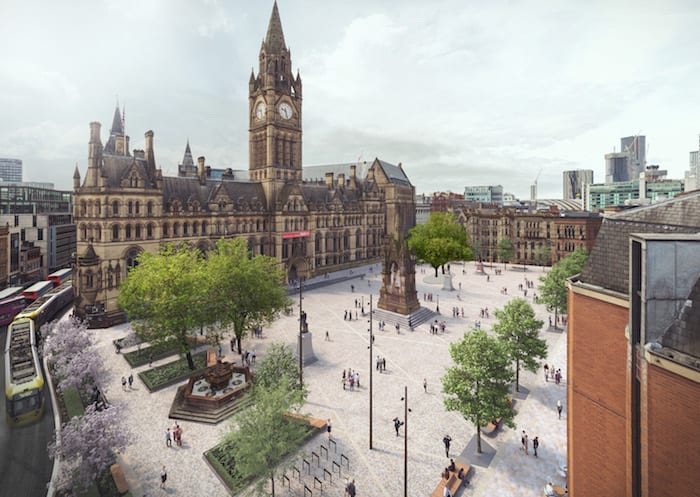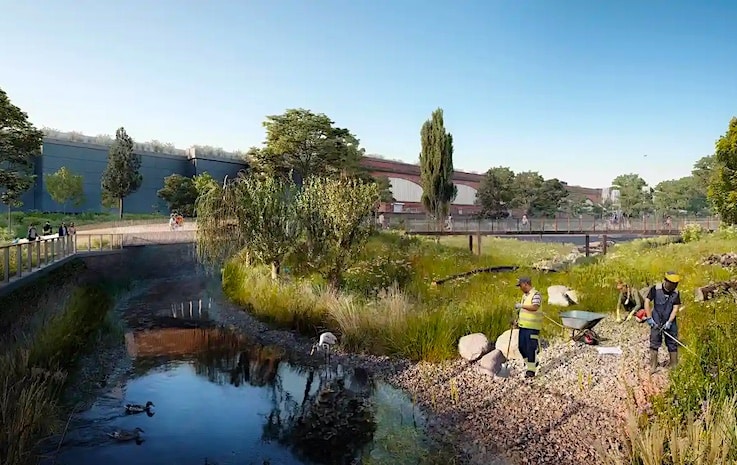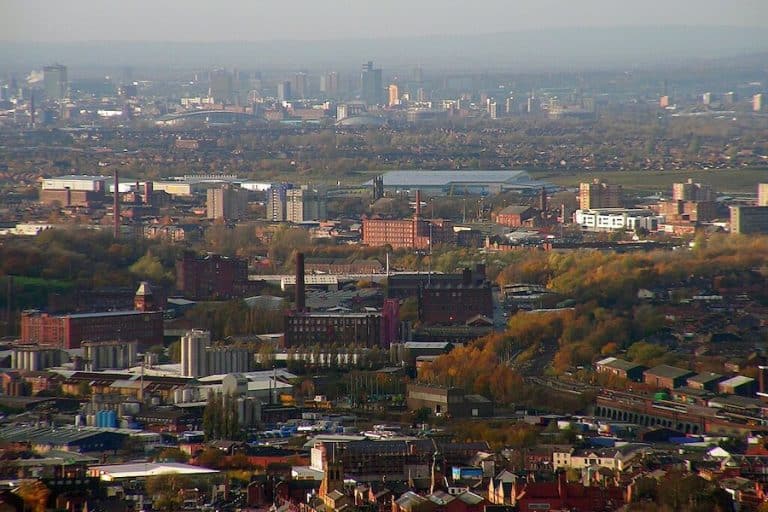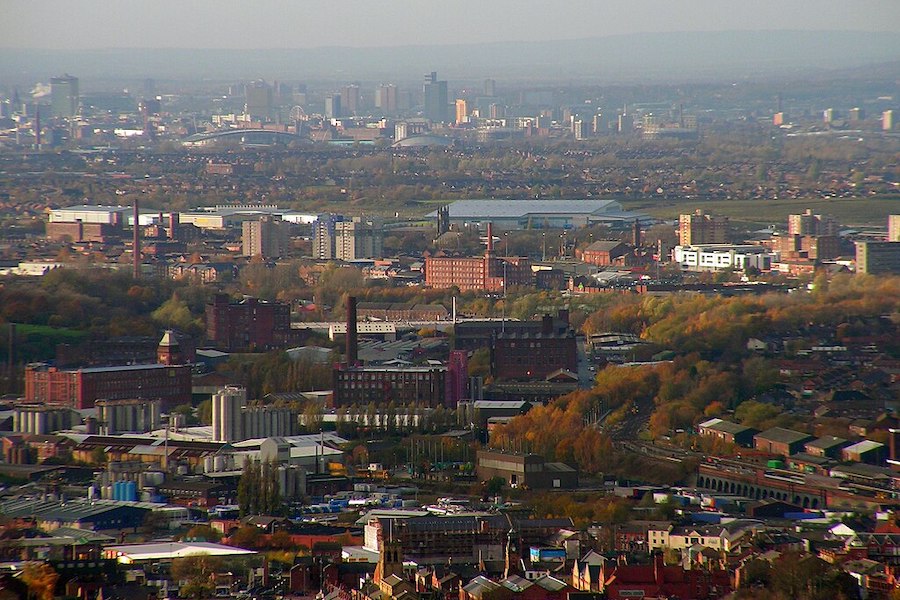Manchester’s climate change plan rated among the strongest in the country
- Written by I Love MCR
- Last updated 3 years ago
- Community

Manchester City Council’s climate change plan has been rated one of the strongest of any local authority by campaigning organisation Climate Emergency UK.
Their analysis put the Council’s Climate Change Action Plan third best out of 409 UK local authorities – the highest placed metropolitan council – with a score of 87%.
The average score across all local authorities was 46%.
Plans were scored against nine categories including the council’s commitment to tackling climate change integrating measures into its policies, how well plans would mitigate against the impact of climate change locally and how well plans were funded and overseen.
“Having a strong plan to tackle climate change is a vital foundation,” said Councillor Tracey Rawlins, Executive Member for Environment.
“It’s very heartening that detailed analysis has found ours to be one of the best and reflects the Council’s determination to play its full part in an urgent global mission.
“The challenge now is to keep delivering against it.

“As a council our goal is to halve our direct carbon emissions by 2025. We are currently on track to achieve this and we need other organisations, and the city as a whole to join us on this journey.
“Together can we achieve the goal of Manchester becoming zero carbon by 2038.”
Councils’ climate change plans were assessed by a team of volunteers trained by Climate Emergency UK.
Only West Somerset and Taunton Council (91%) and West Midlands Combined Authority (89%) scored higher than Manchester City Council.
Manchester City Council’s Climate Change Action Plan 2020-25 sits within a wider framework for the city.
Both aim for significant reduction in damaging carbon emissions, with the ultimate target of Manchester becoming zero carbon by 2038 – 12 years ahead of the national target of 2050.
Actions being undertaken include decarbonising public buildings through the use of solar energy and ground and air-source heat pumps, mass tree planting and the creation of new green spaces such as Mayfield Park, increasing use of electric vehicles including electric bin lorries, improved walking and cycling infrastructure, developing new approaches to community engagement and the creation of new low carbon social homes.
- This article was last updated 3 years ago.
- It was first published on 1 February 2022 and is subject to be updated from time to time. Please refresh or return to see the latest version.
Did we miss something? Let us know: [email protected]
Want to be the first to receive all the latest news stories, what’s on and events from the heart of Manchester? Sign up here.
Manchester is a successful city, but many people suffer. I Love Manchester helps raise awareness and funds to help improve the lives and prospects of people across Greater Manchester – and we can’t do it without your help. So please support us with what you can so we can continue to spread the love. Thank you in advance!
An email you’ll love. Subscribe to our newsletter to get the latest news stories delivered direct to your inbox.
Got a story worth sharing?
What’s the story? We are all ears when it comes to positive news and inspiring stories. You can send story ideas to [email protected]
While we can’t guarantee to publish everything, we will always consider any enquiry or idea that promotes:
- Independent new openings
- Human interest
- Not-for-profit organisations
- Community Interest Companies (CiCs) and projects
- Charities and charitable initiatives
- Affordability and offers saving people over 20%
For anything else, don’t hesitate to get in touch with us about advertorials (from £350+VAT) and advertising opportunities: [email protected]

Strictly high-flying: Kelvin Fletcher trades dance moves for dirt jumps at Arenacross

Worker Bee: Meet Peter Hook, legendary New Order and Joy Division bassist

Hilton Manchester Deansgate’s superstar chefs shine on the world stage

How Sounds from the Other City became the UK’s most unforgettable independent festival

Piehard: where to get the best pies in and around Manchester
















